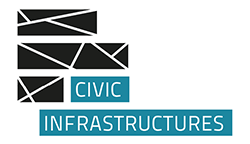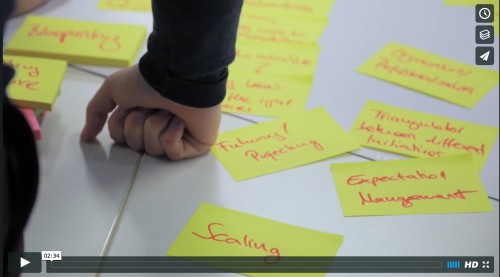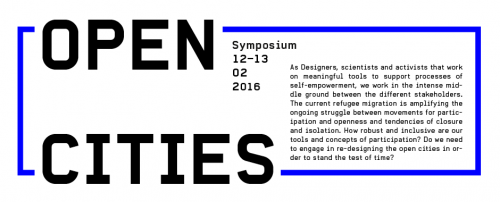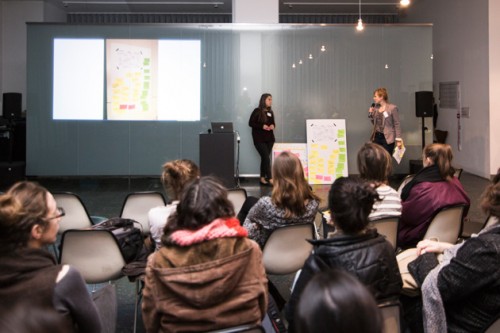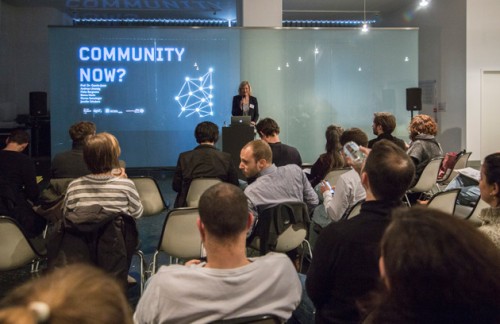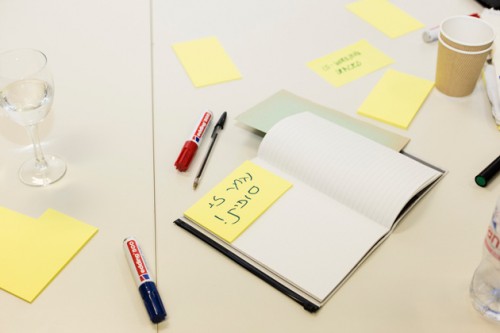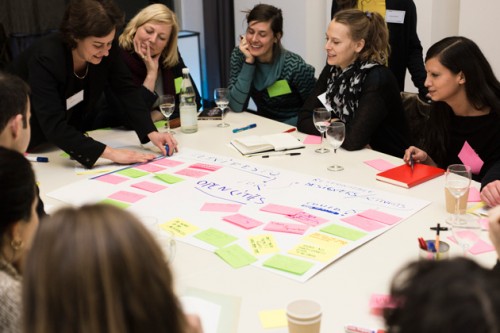In recent years, openness, self-organization and participation have become key terms in the discursive paradigm of administrations, institutions and companies. In our understanding open cities are inviting and understandable for newcommers, they cultivate negociation and participation and are flexible enough to re-adjust to changing needs.
As designers, programmers, planners and scientists that work on meaningful tools to support processes of self-empowerment, we work in an intense middle ground between different stakeholders. In times of a discursive omnipresence of participation we should frequently double check: How can our engagement really contribute to a more democratic urban development?
The current refugee migration is amplifying the struggles about openness and participation. This influx has created issues concerning registration, housing, education, security and health. Numerous innovative initiatives have stepped forward where administrations have been unable to cope with these urgent needs. Simultaneously, we witness the rise of strong discourse that seeks to close borders and even suspend civil rights.
In this situation we want to rethink our role as researchers, designers or urbanist and the tools we are working with. Can fences, surveillance and deportation camps really go together with the proclaimed openness? How robust are our tools and concepts of participation? Do we need to engage in re-designing the open cities in order to stand the test of time?
Location: designtransfer, Berlin University of the Arts, Einsteinufer 43-53
Partners:
University of the Arts Berlin Berlin, Design Research Lab
Bezalel Academy for Arts and Design Jerusalem
German Society for Design Research and Theory
MadaMe am Mehringplatz
Funding:
German-Israeli Future Forum (DIZF)
The Federal Agency for Civic Education (bpb)
Curation:
Curator: Malte Bergmann
Co-Curator: Iohanna Nicenboim
Contact: malte.bergmann@dgtf.de
